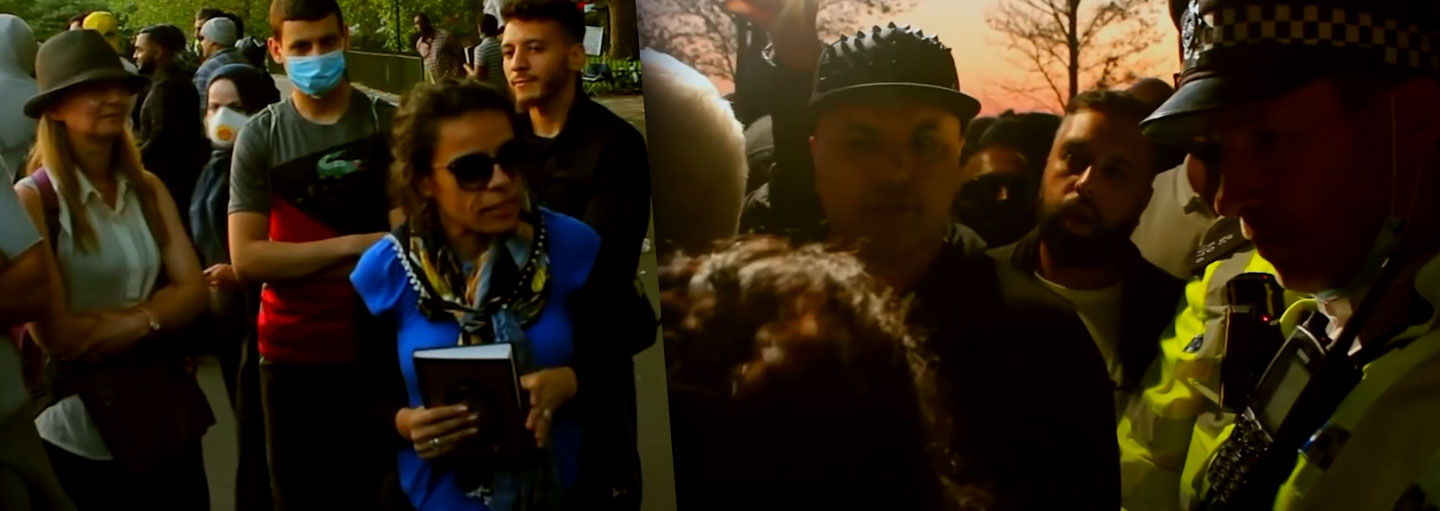In the minds of many people today, faith and reason are polar opposites. Richard Dawkins, for example, maintains that ‘Faith is an evil precisely because it requires no justification and brooks no argument.’ We are meant to believe that no Christian has any reason to be a Christian; it is all a matter of blind faith. And atheists are presented to us as illustrations of Matthew Arnold’s ‘sweet reasonableness’ – or reasonableness at least. Since Dawkins is keen that those with faith should argue, let us do just that. How does reason connect to faith?
God is the source of knowledge: Five times we read in the wisdom literature of the Old Testament that ‘the fear of the Lord is the beginning of wisdom’ (Job 28:28; Ps.111:10; Prov.1:7; 9:10; 15:33). Wisdom or reason requires a foundation, and this can only be found in the One who is the source of all wisdom and knowledge – God Himself. Paul concludes his epistle to the Romans with the benediction: ‘to the only wise God be glory forevermore through Jesus Christ! Amen’ (Rom.16:27). In the absolute sense, God alone is wise because all wisdom comes from Him.
This has implications for how God deals with us. The book of Proverbs is given that we might know wisdom and instruction, and understand words of insight (Prov.1:2). Even as God addresses sinners in their sin, He does not invite us to bungee jump into an irrational pool of froth and forgiveness. Instead, He calls on us: ‘Come now, let us reason together, says the Lord: though your sins are like scarlet, they shall be as white as snow; though they are red like crimson, they shall become like wool’ (Isa.1:18). Faith is not separated from reason. The great commandment tells us to love God with all our mind as well as all our heart, soul, and strength (Mark 12:30).
Human reason is fallen and hence inadequate: Yet there is something wrong with human reason as there is with everything else in this fallen world. The Preacher in Ecclesiastes applied his heart and mind to search by wisdom all that is done under heaven, yet he found the exercise to be an unhappy and vain one (Eccles.1:12-14). Indeed, ‘in much wisdom is much vexation, and he who increases knowledge increases sorrow’ (Eccles.1:16). Wisdom proves to be elusive, and very deep, so who can find it out? (Eccles.7:23-24). Wisdom is wonderful, but the worst thing we can do is to be wise in our own eyes (Prov.3:7). Somehow God has made foolish the wisdom of the world (1 Cor.1:20) for the foolishness of God is wiser than men (1 Cor.1:25). Wisdom might get us to the moon, but not to heaven. We can curb malaria, but the common cold is still common. Instruction manuals abound, but things still fall apart. This explains why John Newton once wrote a letter to a friend which he entitled ‘On the Inefficacy of Knowledge’.
In his Confessions, Augustine declared that reason must be enlightened by another light in order to be a partaker in the truth since it is not itself the essence of truth. Dawkins and his ilk have made an idol of reason, and idols never deliver what they seem to promise.
Faith is in harmony with reason but also beyond it: Faith is supposed to be like Alice Through the Looking Glass, and believing in six impossible things before breakfast. But the great French scientist of the seventeenth century, Blaise Pascal, possessed a clearer and humbler mind than that of Richard Dawkins or Lawrence Krauss. Pascal’s conclusion was that ‘The last stage of reason is to recognise that there is an infinity of things which surpass it. Reason is but feeble if it does not go so far as to know that.’ Is it in accordance with reason to believe, for example, that Jesus Christ rose from the dead? Yes, says Paul, because it was prophesied centuries before it happened, and it was witnessed by over 500 men (1 Cor.15:1-8). Faith thus is the only reasonable response to the claim that Jesus rose from the dead. Any other explanation contains its conclusion in its premise and is not open to the evidence.
During the French Revolution, the cathedral of Notre-Dame was renamed the Temple of Reason. At the same time, the guillotine worked overtime. It is a tragic example of a common dilemma. As the French Revolutionaries worshipped at the Temple of Reason, they ended out being most unreasonable. The fear of the Lord is the beginning of wisdom, and, for that matter, the goal of wisdom.

















